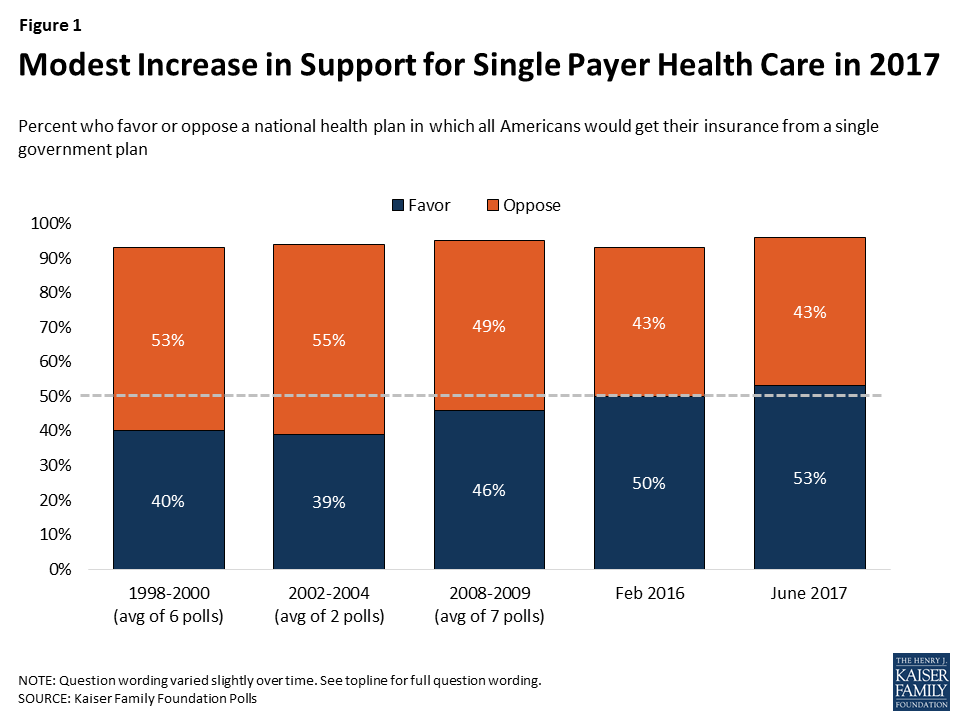The shared assistance that healthcare and financial advancement can supply has actually been brought out extremely extensively by the outcomes of UHC-oriented policies in Southeast Asia, from Japan to Singapore. The complementary nature of health development and financial progress is likewise illustrated in the relative experiences of various states within India. how does canadian health care work.

I was securely informed that this technique might not perhaps work, considering that Kerala was, then, among the poorest states in India. The thesis of unaffordability was, however, mistakenly argued for factors already gone over - how to take care of mental health. In spite of its poverty, Kerala did manage to run a reliable UHC programme that contributed greatly to its having, by some margin, the longest life span in India and the lowest rates of baby and child mortality, among its other health accomplishments.
After all, there are no influences as strong in raising the performance of labour https://writeablog.net/delodo1fzo/due-to-state-worker-furloughs-call-center-and-staff-reaction-time-may-be as health, education and skill formationa fundamental connection to which Adam Smith provided much attention. This has really occurred. In fact, the previously poor state of Kerala, with its universal healthcare and universal education, now has the highest per capita earnings amongst all the states in India.

There is, therefore, plenty of evidence that not just does universal healthcare powerfully boost the health of people, its benefits work out beyond health. There is, indeed, a strong relationship in between health and financial performance, and we have every factor to base public law on an appropriate understanding of the nature and reach of what is plainly a favorable connection - how much does home health care cost.